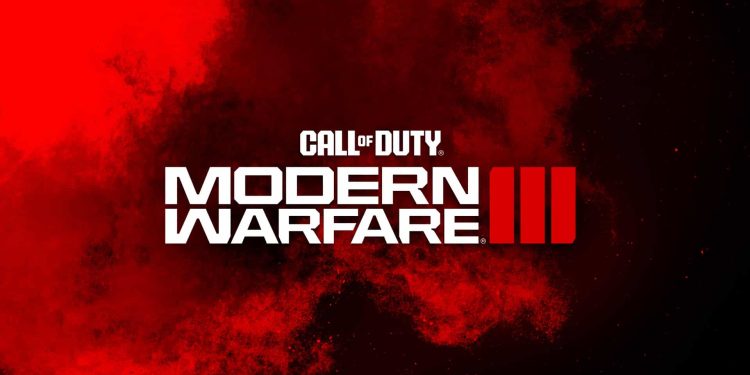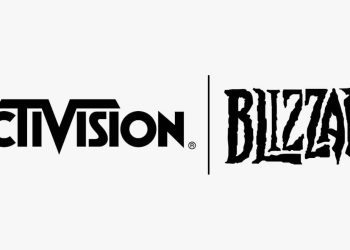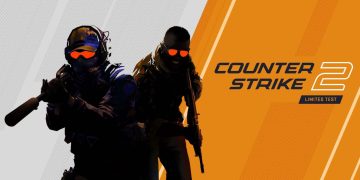Activision Blizzard’s latest “Call of Duty” series, Modern Warfare 3, faced a notably hurried production. Unlike the typical three-year development cycle for Call of Duty games, this installment was wrapped up in just 16 months. This quick turnaround has been linked to the mixed reviews received upon its release.
Modern Warfare 3 was initially conceptualized as an expansion to the preceding Modern Warfare 2, set in Mexico. However, Activision executives pivoted, transforming the project into a full-fledged sequel with a global scope. This significant shift in the game’s direction and the resulting accelerated production schedule led to stress and dissatisfaction among the development team at Sledgehammer Games.
Statement from Aaron Halon, studio head, SHG.
“We’re incredibly proud of Modern Warfare III – both the full game experience at launch and the upcoming year of content we have planned for the community. On behalf of the extremely talented team across Sledgehammer Games and our…— Sledgehammer Games (@SHGames) November 9, 2023
While an Activision spokesperson claimed that Modern Warfare 3 was always intended as a premium game, many developers reported being under the impression that it started as an expansion. The abrupt change in the game’s scope made some staff, who had to work extra hours, including nights and weekends, feel betrayed, especially following similar experiences with the previous game, Call of Duty: Vanguard.
The expedited development cycle for Modern Warfare 3, codenamed Jupiter, resulted in the shortest development period for a new Call of Duty game in years. The team initially envisioned a more modest, Mexico-set spinoff, but the project’s evolution into a direct sequel to Modern Warfare 2 demanded a more extensive and complex narrative, incorporating missions around the globe and featuring the villain Vladimir Makarov.




















